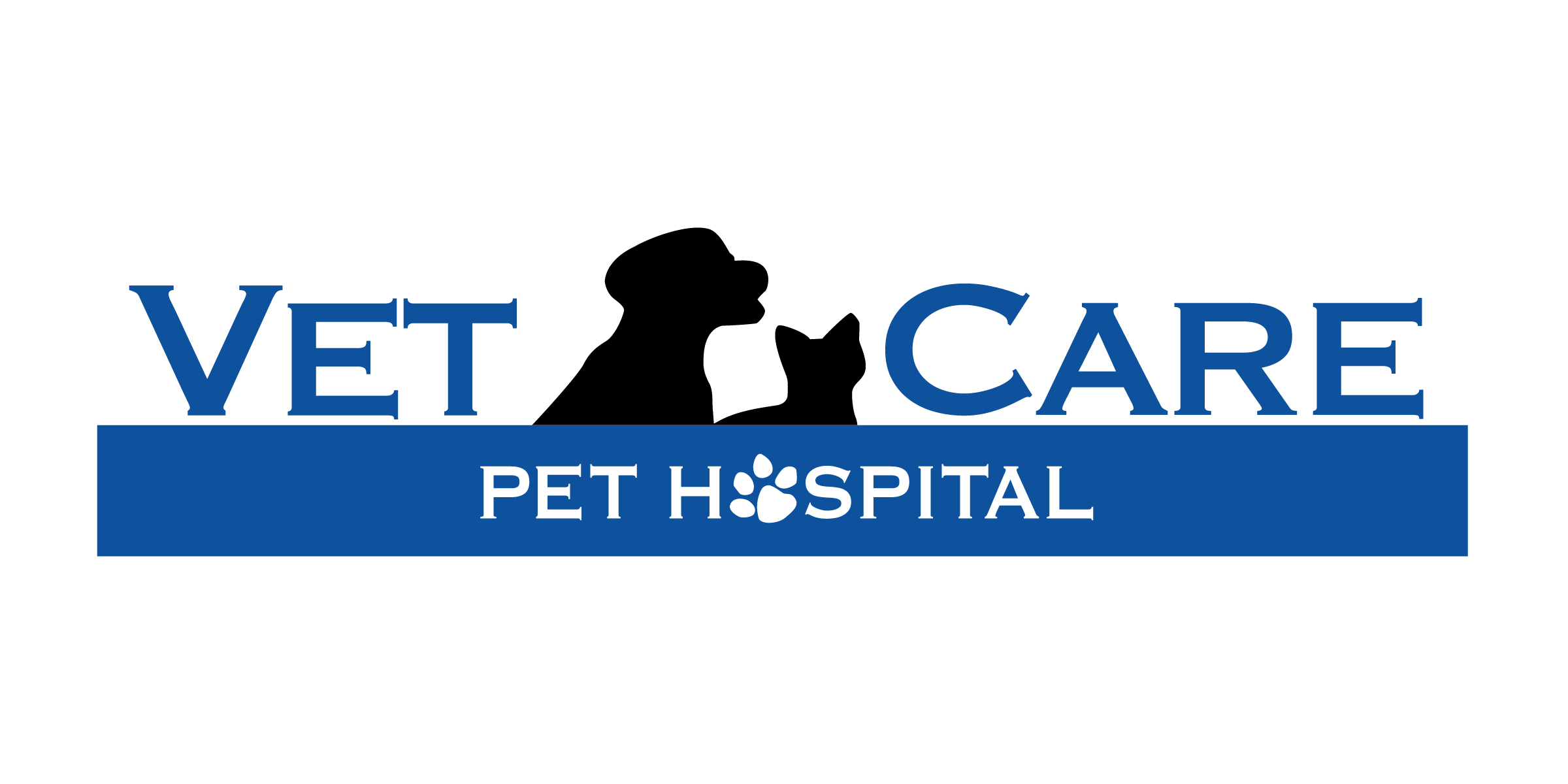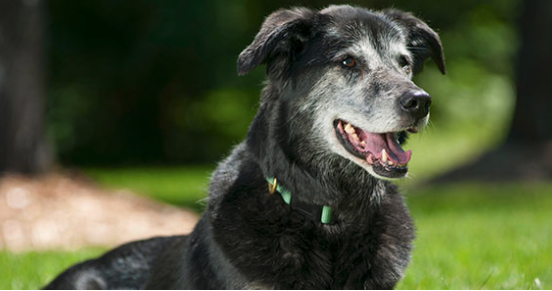Regular visits with your veterinarian are essential in monitoring your dog’s health. As a dog ages, the risk of potential illnesses or conditions rises as well. With annual exams, the veterinarian can watch this and hopefully catch any concerns with your senior dog. With regular visits to your veterinarian, your dog’s bloodwork can be controlled as well. It is a good idea to do this as your dog ages. Bloodwork will indicate if there are any changes with your pet’s organ’s, such as his/her kidneys and liver. These organs are essential to your pets’ health. It is much easier to prevent disease than to treat it. Your veterinarian will talk to you regarding some preventative care you can provide your older dog.
This may include supplements, exercises, special diet etc. Consider a special diet for your pet as he or she ages. This may vary depending on your pets needs. As a dog age, mobility can become a concern. For overweight dogs, this can make your dogs movement worse. In this case, a low-fat diet may be recommended for your dog. Specific diets are recommended for dogs with kidney disease, heart disease, diabetes etc. These diets can help the progression of the disease. They do not replace medication required to treat the condition but can help. Brushing your dogs’ teeth regularly can help prevent dental disease as your dog ages. This will help prevent tartar buildup and gingivitis. This may seem silly but it can help keep your dog’s mouth healthy. If you are not able to do this, you can provide your dog dental treats and bones. These treats should be at the recommendation of your veterinarian.
Exercising your senior dog regularly is beneficial in maintaining healthy joints and muscles. This exercise should be tailored to your dog’s requirements. Short walks would be recommended for senior dogs. This will vary depending on the breed of your dog. A walk around the block may be very easy for your lab but could be too much for your chihuahua that is walking very quickly around the neighbourhood. It is recommended to speak with your veterinarian if your senior dog has any health conditions that may limit his/her exercise requirements. There may be special accommodations your dog may require. An older dog with arthritis may benefit from soft bedding to help alleviate his joints. Rugs and carpets can help prevent slipping on the floor for a senior dog by proving something to grip too. Ramps can also be very beneficial in relieving your dogs stress jumping in and out of a vehicle or any furniture.
Written by Jillian Caissie




